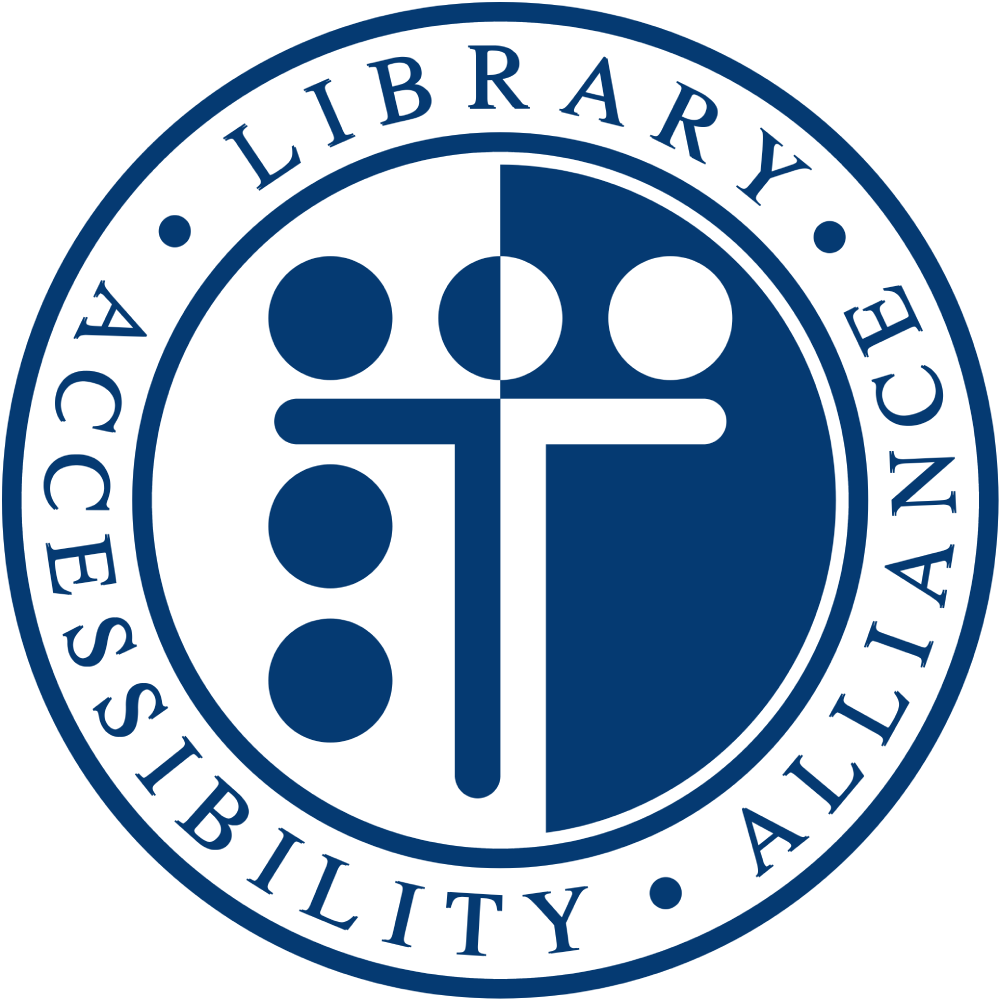
Library accessibility toolkit
The Library Accessibility Toolkit is an open, living resource that offers the latest research, useful terminology, tools for testing, assistive technology, and legal considerations related to accessibility. The toolkit is a collaborative space where all are welcome to contribute relevant resources.
Access the Library Accessibility Toolkit
Model accessibility language for e-resource licenses
The Big Ten Academic Alliance (BTAA) created standardized language that addresses accessibility concerns in electronic resources, which the group uses in license negotiations. It has also been adopted by non-member libraries to strengthen their position when negotiating with vendors, and has been particularly useful for organizations that .
Read the Model Accessibility Language
Accessibility evaluations
We fund third-party accessibility evaluations of various electronic resources and provide them freely to the public. You can read the reports and learn more about the process on our e-resources testing page.
ADA Title II
Explore what the LAA is doing to address the April 2024 ADA Title II update that requires public entities including public university libraries to meet WCAG 2.1 AA within a 2- or 3-year timeline. Learn more about ADA Title II and academic libraries.
Impact and analysis reports
Library Accessibility Alliance Impact and Analysis Report 2024 (PDF)
Analysis of 132 testing reports shows that no platforms tested were fully in conformance with the WCAG AA standard, and some WCAG success criteria were in nonconformance in up to 93% of tested platforms. Some platforms in the sample were tested more than once, and retested platforms generally improved between test and retest. Additionally there is a general trend towards greater conformance over time, however some specific criteria also show increases in nonconformance. The average eresource platform showed nonconformance in 26% of WCAG AA criteria.
Library Accessibility Alliance Impact and Analysis Report 2021 (PDF)
This document summarizes findings related to the impact of the BTAA E-resources Accessibility Task Force’s primary activities, specifically related to:
- BTAA-sponsored e-resource accessibility evaluations, which are provided to the vendors and made publicly available on the BTAA website;
- BTAA-developed standardized language regarding accessibility requirements for adoption and use in e-resource vendor negotiations.
The analysis found that the accessibility evaluations have been, in general, valued by vendors and actively used to inform their product development and increase the accessibility of their products and platforms. Most vendors did not utilize the additional consultation time offered by testing partners. Usage of the evaluation reports by libraries for e-resource acquisitions has been mixed; institutions were generally more likely to have utilized the boilerplate accessibility language for vendor negotiations than to have consulted the testing reports.
 Library Accessibility Alliance
Library Accessibility Alliance